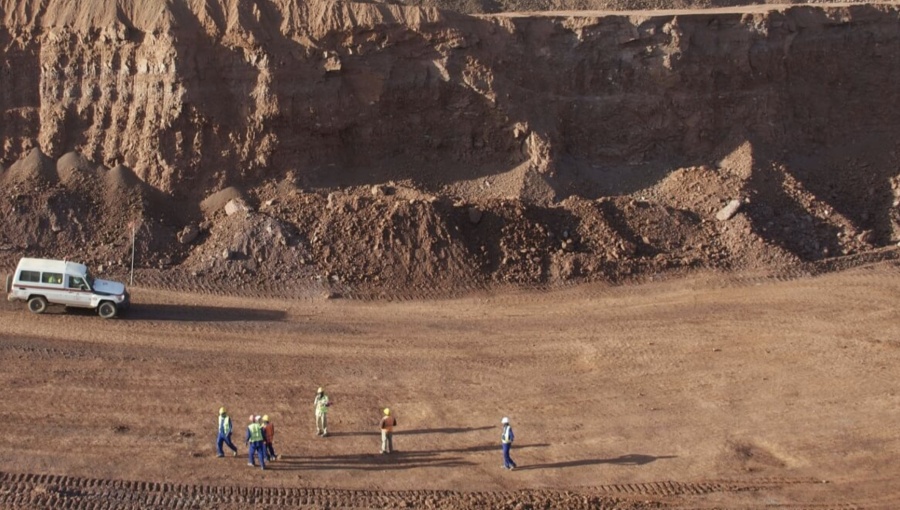Niger’s ruling military junta has taken decisive action against Chinese mining companies, ordering an immediate suspension of their operations as part of a broader effort to curb foreign exploitation of the country’s vast mineral resources.
The move comes amid rising nationalist sentiment and growing concerns over unfair contracts, environmental degradation, and economic exploitation. Niger, a major producer of uranium, gold, and lithium, has long been a key supplier of critical minerals, but critics say foreign companies—especially Chinese firms—have reaped disproportionate benefits while offering little in return to local communities.
Junta Cracks Down on Foreign Mining Interests
In a televised address, Niger’s military leader, General Abdourahamane Tiani, vowed to end the unchecked exploitation of the country’s resources and ensure that Nigeriens benefit first.
“For too long, our resources have been taken without fair returns to our people. This must stop,” Tiani declared. “Niger’s wealth should serve its citizens, not foreign companies and their backers.”
As part of this sweeping reform, the junta revoked permits for several Chinese-owned mining companies, accusing them of failing to comply with new national regulations on revenue sharing and environmental protection.
Mining Operations Suspended
Following the announcement, multiple Chinese mining firms operating in Niger’s gold and uranium sectors were forced to suspend operations indefinitely. Some Chinese workers have already begun leaving the country, fearing further restrictions or potential nationalization of assets.
The disruption is expected to have significant economic implications, given that mining contributes over 40% of Niger’s export revenue. However, the junta insists that this move will strengthen Niger’s long-term economic independence by renegotiating fairer contracts and promoting local industry participation.
A Shift in Niger’s Foreign Policy?
This decision aligns with Niger’s growing shift away from Western and Chinese economic influence. Since the military took power in July 2023, the country has increasingly distanced itself from organizations like ECOWAS and has instead strengthened ties with Russia and its Wagner-linked security forces.
Niger is part of the newly formed Alliance of Sahel States (AES) alongside Burkina Faso and Mali, all of which have undergone military coups in recent years and are actively reshaping their economic and security policies.
“This move signals a major realignment of Niger’s resource management strategy,” said Dr. Hamidou Maïga, a Niamey-based economic analyst. “The junta is prioritizing national sovereignty over foreign economic interests, and this could set a precedent for other African nations.”
Chinese Companies in Limbo
With operations halted, Chinese mining firms are now in negotiations with Niger’s leadership in an attempt to salvage their investments. Beijing, which has poured billions into Niger’s mining and infrastructure sectors, has yet to issue an official response but is expected to seek diplomatic channels to resolve the dispute.
However, Niger’s leadership has made it clear that any future agreements must align with national interests and fair revenue-sharing policies.
As the country takes a firm stand against foreign exploitation, the coming weeks will determine whether this policy shift leads to economic gains for Nigeriens—or further tensions with global investors.



